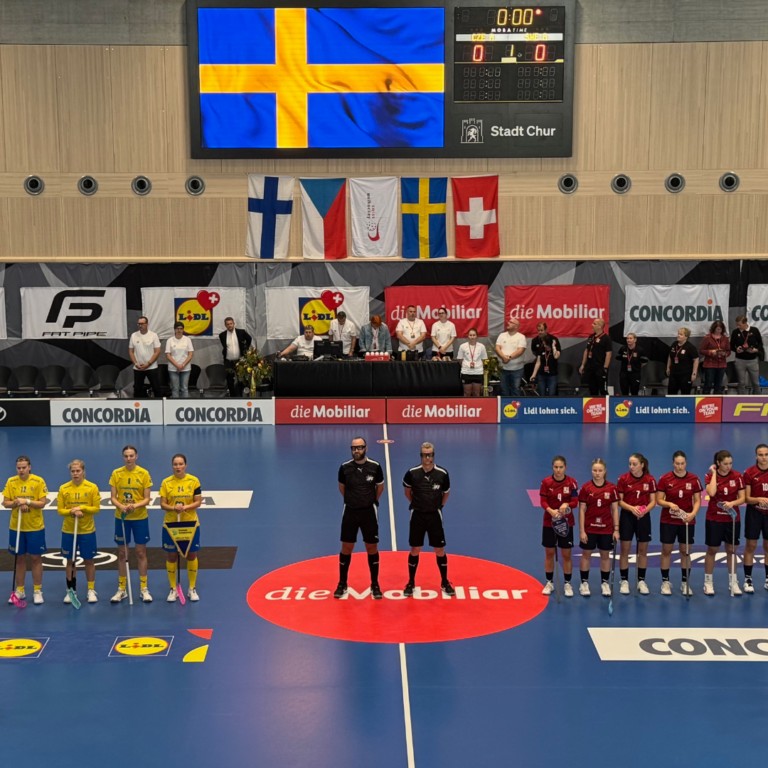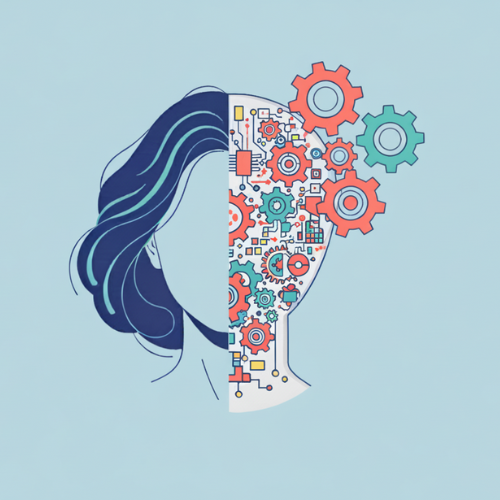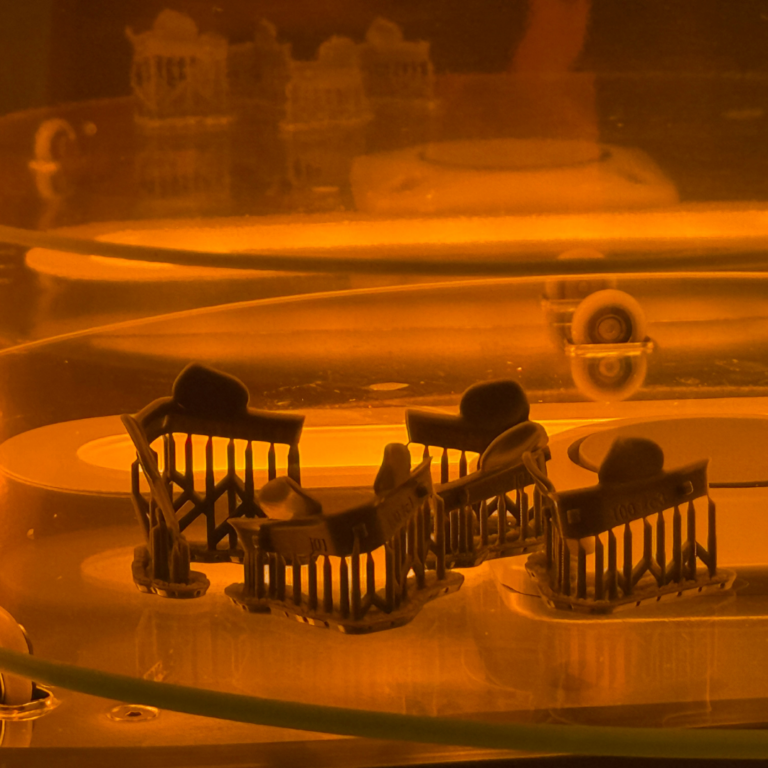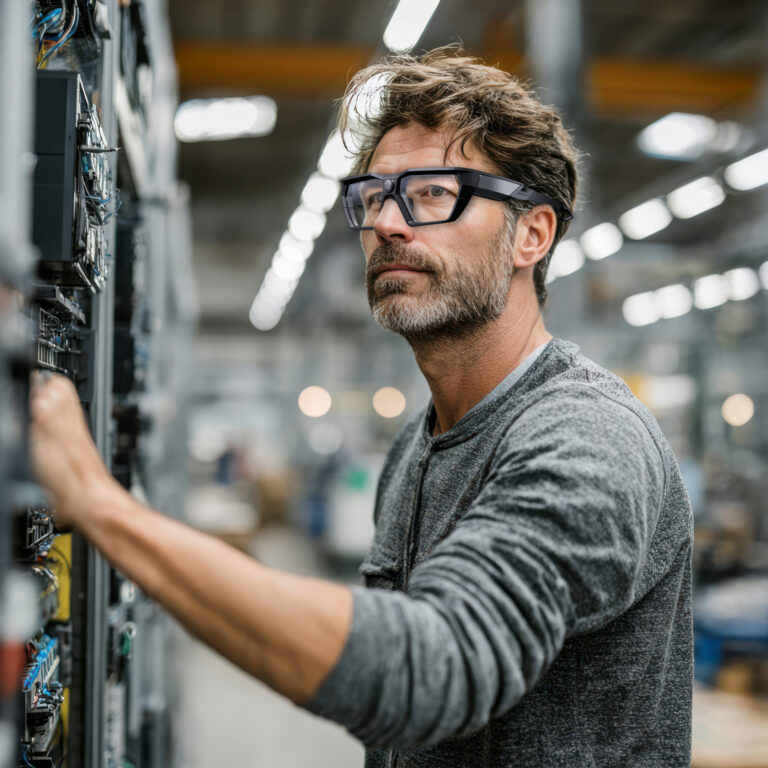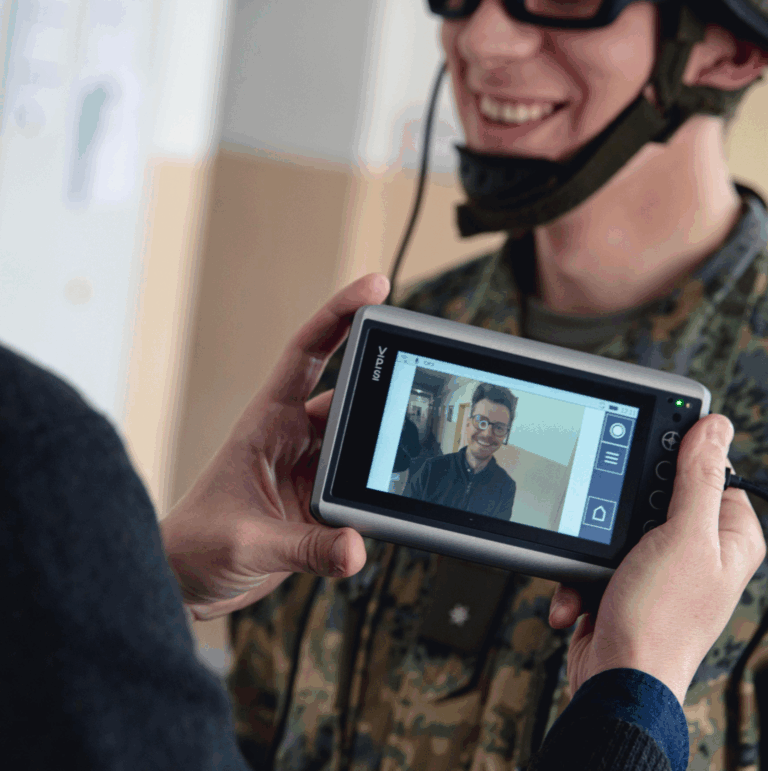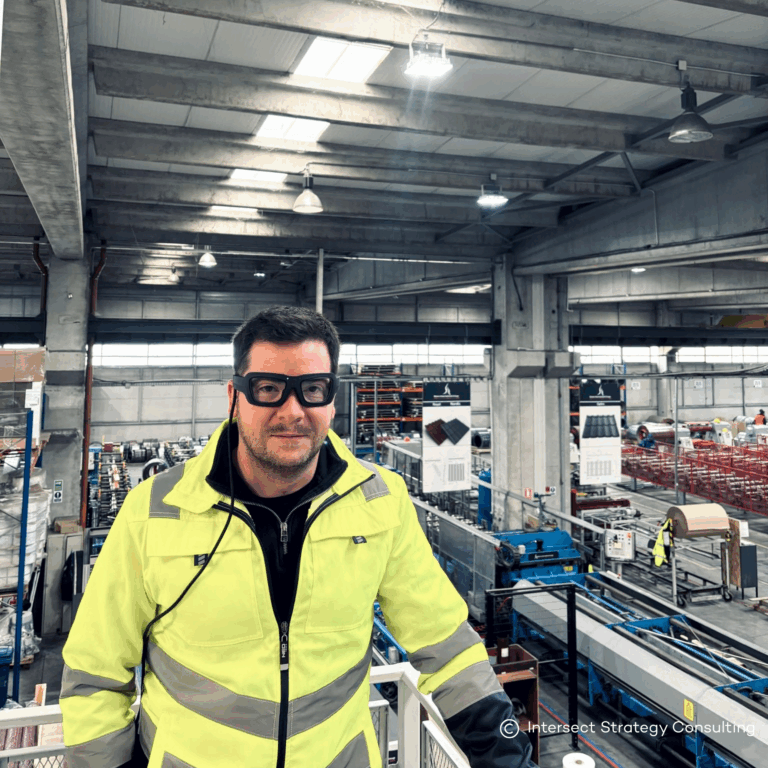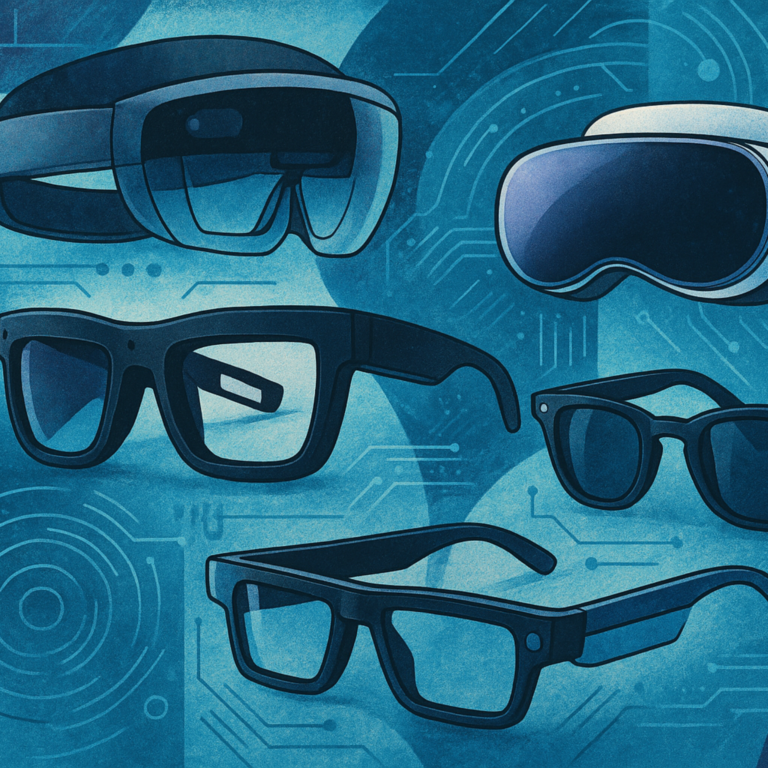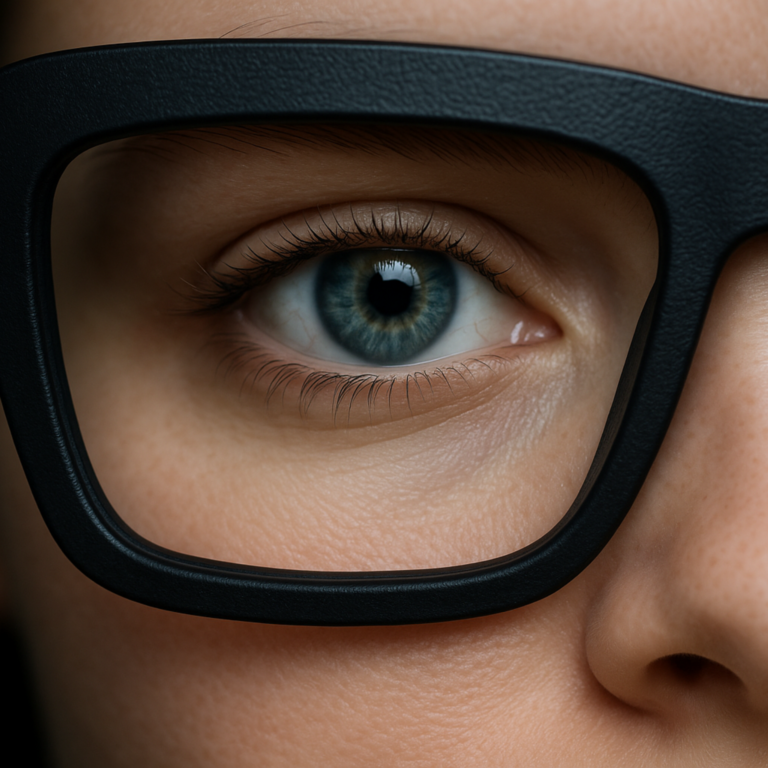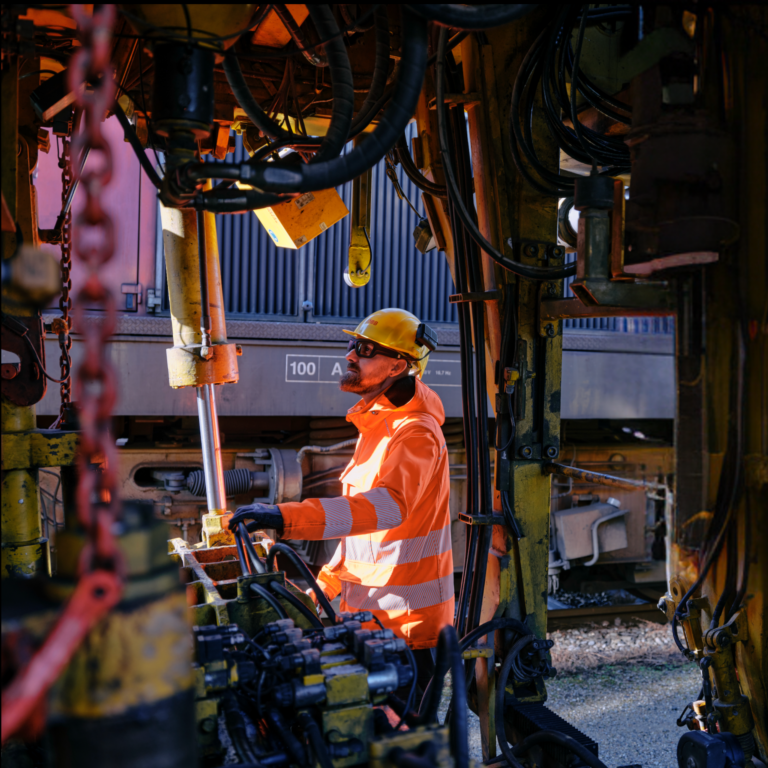News from
the Future
BLOG
The Look that Decides the Game
Sometimes a match can turn on a single decision. But what exactly does a referee see at that crucial moment? Where is their visual focus, what do they register, and what goes unnoticed?
At the Euro Floorball Tour 2025 in Chur, Switzerland, we were able to explore these questions more closely than ever before. For the first time, referees wore our Eye Tracking Smart Glasses during a live match, revealing a perspective that is normally invisible: their precise visual focus point.
Shaping the Future: Women in Tech
Women are still underrepresented in the tech industry. That’s a fact. The reasons are complex, but one important factor is the limited visibility of role models. Role models who inspire, empower, and offer honest feedback, even when it’s uncomfortable. And often, that honest feedback is exactly what’s needed to grow, progress, and build confidence.
At Viewpointsystem, we’re fortunate to work with women who show how powerful diversity can be for driving innovation. With this series, we want to make their contributions visible and encourage girls and women to pursue their own path in the tech world. The tech industry needs diverse ways of thinking, varied experiences, and individual strengths. That mix is what leads to better solutions for everyone.
What motivates our colleagues, which challenges they’ve faced, and what advice they have for young women stepping into the tech space: you’ll find it all in the short profiles below.
SLA 3D Printing in Eyewear Manufacturing: How We Create Glasses That Fit You Perfectly
Sometimes a match can turn on a single decision. But what exactly does a referee see at that crucial moment? Where is their visual focus, what do they register, and what goes unnoticed?
At the Euro Floorball Tour 2025 in Chur, Switzerland, we were able to explore these questions more closely than ever before. For the first time, referees wore our Eye Tracking Smart Glasses during a live match, revealing a perspective that is normally invisible: their precise visual focus point.
EYE TRACKING MAKES AN IMPACT
Eye tracking is no longer limited for for research labs anymore. When integrated into robust smart glasses glasses, it assists teams in enhancing safety, boosting efficiency, and make smarter decisions.
SEE WHAT OVERWHELMS YOUR USER
Two studies demonstrate how eye tracking supports UX design and helps to make systems faster, clearer, and more user-friendly.
WHEN EYE TRACKING GETS TRICKY: REAL WORLD PROBLEMS, SMART FIXES
In day-to-day scenarios, pupil tracking doesn’t always go as smoothly as in the lab. To minimize this, our smart glasses integrate a range of well-established solutions to handle situations where individual eye characteristics or external conditions introduce complexity for the tracking algorithms.
SEEING WHAT OTHERS ARE MISSING
How Smart Glasses can help companies transform workflows and uncover operational inefficiencies – an interview with Andrei Panduru.
READY FOR EMERGENCIES: INNOVATIVE RESCUE TRAINING WITH EYE TRACKING
Johanniter Austria is embracing the latest technology to take the training of paramedics and emergency medical technicians to the next level. Using VPS Smart Glasses equipped with eye-tracking technology, their training methods are being fine-tuned in a targeted way.
AR, VR, AI? WHICH SMART GLASSES MAKE SENSE, WHEN AND WHY – AN OVERVIEW ON MODELS AND APPLICATIONS
Whether in the industrial sector, logistics, healthcare or sports – smart glasses are increasingly being used in more areas, and are finding their way into the everyday working environment. They promise greater efficiency, increased safety and new opportunities for training and education. However, anyone looking for the “right” type of smart glasses can quickly end up in a technological maze. AR, VR, Seethrough, Passthrough, AI, Eye Tracking – an overview on models and applications
ARE YOU AS FOCUSED AS YOU THINK? YOUR EYES MIGHT TELL A DIFFERENT STORY
A team of researchers from St. Pölten University of Applied Sciences in collaboration with Viewpointsystem set out to answer a deceptively simple question: Can we accurately judge our own level of focus, or do our eyes offer a more accurate measure through eye tracking technology? The result? People’s self-assessments did not always match reality, but their eyes did.
SHARPENING FOCUS: RETHINKING SAFETY AND QUALITY
Since spring 2024, the ÖBB rolling stock maintenance has been using VPS Smart Glasses as an integral part of its training and continuing education programs. Inspired by the successful project “Augen:Blicke – Eyetrackertraining”, the rolling stock maintenance decided to incorporate the technology into their own training. With support of the Smart Glasses, railcar inspectors refine their structured inspection techniques when examining vehicles, cargo, and cargo security.
VPS CONTROL CENTER: THE NEW USER PORTAL FOR MORE CONVENIENCE AND EFFICIENCY
Our new user interface, the VPS Control Center, makes working with the VPS Smart Glasses even easier and more efficient. As a web-based platform with a modern design, it ensures an optimized user experience. With just a few clicks, you can wirelessly access live feeds from the VPS Smart Glasses on your computer, laptop, or smartphone.
